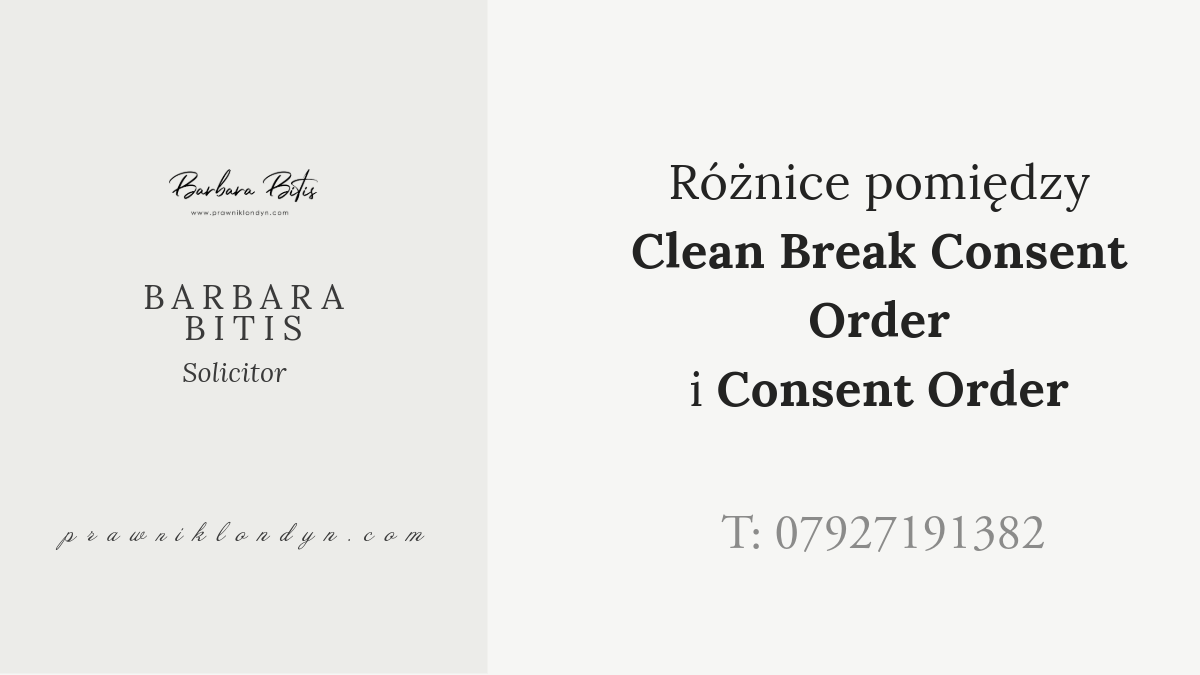Divorce and Business Valuation: Navigating the Complexities of Financial Asset Division-Valuing the business

In any divorce proceedings involving a company, the commercial reality of the business must be taken into account.
Valuation of a company can be calculated through various methods and should take into consideration any shareholder agreements, articles of association, and the concept of 'fair value'. It usually involves an equivalent proportion to the total issued share capital without discount for minority holding unless special circumstances apply.
Valuations are often based on net asset valuation or earnings basis (EBIT/EBITDA) with market-referenced multipliers or dividend yield calculations based on profitability.
Valuing a company can be done in various ways, such as assets basis, earnings basis or market value. The method used depends on the company and sector it operates in. When valuing based on future income there is risk of double-counting if periodical payments are to be paid from this income. In these cases, it may not be suitable to consider the value of shares held by the company.
In family cases, a valuation is typically based on either a net asset or earnings basis.
• Net asset valuations are most common for companies with fixed assets and involve taking the value of all assets into consideration.
• Earnings-based valuations (EBIT/EBITDA) can be used when considering companies with significant income, as they use market-referenced multipliers to calculate the price.
• Dividend yield calculations may be useful in instances where the company has limited fixed assets but still generates an income that doesn't justify an earnings-based valuation.
The courts have drawn a distinction between liquid assets and shares in a business, which are ‘risk-laden’ assets. It is usual to instruct an accountant with no prior knowledge of the company, but often with knowledge of the sector. It may be beneficial for them to not only value an interest in a company but also address issues such as liquidity and future maintainable income.
The sale of the company or its assets should be considered as a possible option to raise funds. It is important to consider whether either party intends on leaving the business following divorce and if an order requires one party's assets to pay for another's award, liquidity issues should also be addressed.
Generally speaking, present market value is usually used as a measurement when determining fair value in such cases; however, economic or hope values may come into play in exceptional circumstances. Any potential liability for capital gains tax and costs of sale must also be factored in.
In some cases the court has been reluctant to base an entire award upon an accountant’s valuation of a business interest and has simply applied the yardstick of equality.











